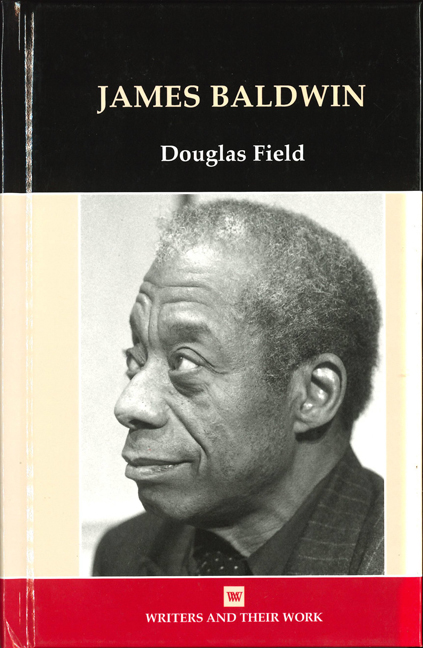Book contents
1 - Transnational Baldwin
Summary
FROM NATIVE SON TO TRANSATLANTIC CELEBRITY
The issuance of the James Baldwin postal stamp in 2004 was not only a sign that the late author had (again) gained national recognition; it was also a fitting tribute to a writer who described himself as a ‘transatlantic commuter’ (CWJB 256). Baldwin's life began in Harlem Hospital in 1924 and ended sixty three years later in the south of France where he had made his home. Baldwin's journey along the way, both literal and metaphorical, was long, often hard and frequently unpredictable. The writer's travels took him from Harlem to Paris, to the American South and included trips to London and Senegal as well as an intermittent decade in Turkey. Travel was not just an interest for Baldwin but part of his life as a writer; he wrote in many places and moved through many genres. Baldwin lugged around his first novel, Go Tell it on the Mountain (1953) for ten years; he began writing the novel in New York, took it to Paris and finished it in Switzerland. His first major essay, ‘Everybody's Protest Novel’ (1949) was published in Zero, a small literary magazine edited by two Americans in Paris. His third novel, Another Country (1962), along with many other of his most important works, was finished in Istanbul. Baldwin ends his long essay, No Name in the Street, by noting that the book was written in New York, San Francisco, Hollywood, London, Istanbul and St Paul de Vence.
As the titles of so many of Baldwin's works attest – Another Country, ‘Stranger in the Village’, Nobody Knows My Name and No Name in the Street – his work is preoccupied with ideas of home and belonging. Baldwin's titles frequently invoke a sense of place or the elusiveness of place: Go Tell it on the Mountain, Giovanni's Room and Just Above My Head. It's important to remember, too, that most of Baldwin's work was published outside of North America even though few of his novels or short stories reflect his itinerant life style. France, for example, features prominently in only two of his fictional works (Giovanni's Room and the short story, ‘This Morning, This Evening, So Soon’, 1960).
- Type
- Chapter
- Information
- James Baldwin , pp. 12 - 27Publisher: Liverpool University PressPrint publication year: 2011



